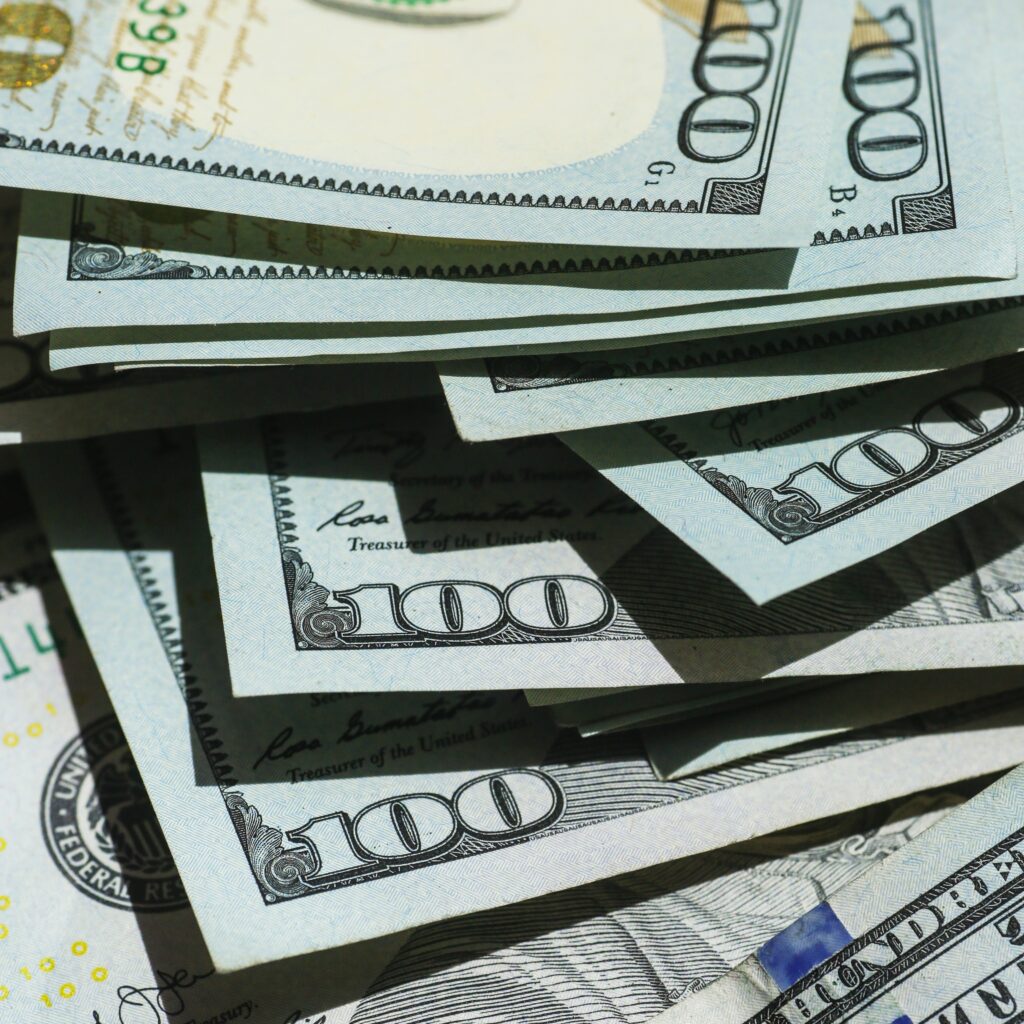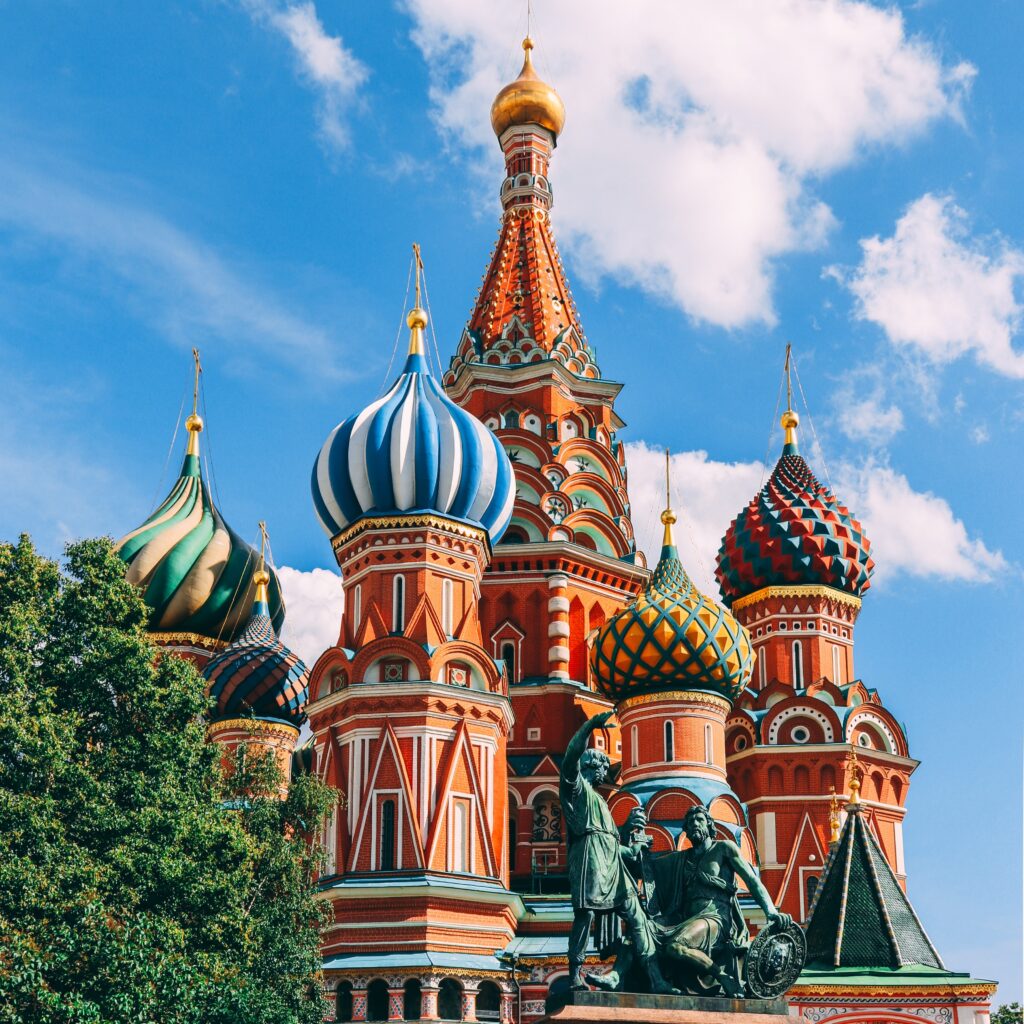This is EmergingCrypto.io’s weekly newspaper. To receive this in your inbox on Monday morning, you may subscribe here!

All the emerging market blockchain & crypto news you need in less than 5 minutes
In This Issue
Africa
•FUNDRAISING: Pan-African exchange raises $40mm in Series B funding round
•INFRASTRUCTURE: South Africa exploring distributed ledger technology and tokenization for securities settlement
Latin America & The Caribbean
•REFI: Tokenized carbon credit startup seeks to preserve the Amazon rainforest
•EXPANSION: Paxos accelerating growth plans in Brazil
Eastern Europe
•REGULATION: Russia’s Ministry of Finance and Central Bank agree on draft law on cross-border settlements in crypto, state media
•CBDC: Russia’s Central Bank explains process on how digital ruble will be put into circulation, state media
Asia
•ADOPTION: Central & Southern Asia and Oceania the world’s third largest cryptocurrency market – Chainalysis
•CBDC: China expands digital yuan trials to four more provinces
Africa

FUNDRAISING: Pan-African exchange raises $40mm in Series B funding round (2 minute read)
YellowCard Financial has secured $40mm during its Series B funding round, totaling $57mm in funds raised to date, more than any other crypto company in Africa. They plan to use the funds to continue its expansion across Africa, develop new products, drive business growth, and advance strategic partnerships across the continent. The funding round was led by Polychain Capital.
INFRASTRUCTURE: South Africa exploring distributed ledger technology and tokenization for securities settlement (4 minute read)
Officials from South Africa’s central bank, Lyle Horsley and Gerhard Van Deventer, have published in a blog post the research the South African Reserve Bank has been leading with distributed ledger technology (DLT) and tokenization to improve financial market infrastructure in South Africa. Their research has demonstrated that DLT represents new ways to record and store information, transfer value on a peer-to-peer basis, and allow for real-time settlement of securities. In conjunction with DLT, tokenization represents a new way for “securities, money, and other forms of value to be represented, exchanged and recorded, moving from a master copy of the truth held by a single entity and duplicated by other roles players, to a distributed ledger accessed by various role players.”
Want more Africa news?
•Payments platform Fuse integrates ChromePay to bring DID services to Africa
•Binance Selects 2 Africans onto its New Global Advisory Board
•‘Please Lock Me Up If Kenya Buys Bitcoin with its Reserves,’ Says Governor, Central Bank of Kenya
Latin America and The Caribbean

British-Brazilian carbon credit startup, Greener, has launched its platform to begin trading its native token, TPG (Greener Protection Token), which will represent a ton of certified premium quality carbon credit and have data on the location being preserved, species of fauna and flora affected, and the communities benefited. The company is hosted on the carbon-neutral blockchain, Polygon, and will use blockchain technology to make it possible to retire carbon credits, prevent double spending of credits, make a secondary market to transfer tokens, and provide transparency, governance, and traceability information. Tokens will initially be made available to corporates and the company expects to release them to the general public sometime in 2023.
EXPANSION: Paxos accelerating growth plans in Brazil (5 minute read, original article in Portuguese)
Financial infrastructure company, Paxos, wants to accelerate its growth plans in Brazil and is planning to hire its first employee based in country. Paxos’ Chief Revenue Officer, Mike Coscetta, believes the adoption of crypto in Brazil as being due to factors such as the high use of cell phones – the number of devices exceeds the number of people, the education that crypto companies are providing their users, and the emergence of fintechs and digital banks. “Brazil has a big market and a big economy. For obvious economic reasons, we want Paxos to grow in the country…Our customers, who are large, regulated companies, want to offer native cryptocurrencies and stablecoins to their users, which is why Brazil is such an interesting market for us. But we are also seeing demand in Latin America.”
Want more Latin American & Caribbean news?
•DrumWave launches wallet to help users monetize their data (Portuguese)
•Operation Colossus: 170 Federal Police agents arrest people accused of laundering BRL 61 billion with Bitcoin and cryptos (Portuguese)
•Countries like Norway and Portugal want to know about digital real (Portuguese)
•Binance to Open Offices in Brazil and Promises to Launch Debit Card for Cryptocurrency Payments (Portuguese)
•Crypto winter: 5 months after arriving in Brazil, Bit2Me lays off employees and transfers management to headquarters (Portuguese)
Eastern Europe

Deputy Finance Minister, Alexei Moiseev, announced that the Bank of Russia and Ministry of Finance have agreed on legislation to regulate crypto-based cross-border payments. Speaking at the Banks of Russia XXI Century forum, Moiseev said, “We believe that our basic backbone is settlements in national currencies, but, nevertheless, settlements in cryptocurrency will be appropriate somewhere.” He further stated that the draft bill “basically writes out how you can buy cryptocurrency, what you can do with it, and how it is possible or not to carry out cross-border settlements.”
The Bank of Russia has provided details to how they will introduce the digital ruble into circulation, explaining that it will be analogous to the way cash is put into circulation: “banks will receive digital rubles from the Bank of Russia in exchange for funds from their correspondent accounts. The process of putting the digital ruble into circulation will be gradual and controlled.” The central bank indicated that the digital ruble will provide people and businesses an additional method of payment that will reduce costs and improve the quality of services in Russia’s payment market. The central bank also addressed the issue of liquidity to banks, explaining that the process “will be gradual and extended over time as the digital ruble spreads in circulation…[to minimize] the risk of a sharp unpredictable outflow of funds from credit institutions.”
Want more Eastern Europe news?
•The Central Bank does not support the idea of classifying crypto-investors by the level of financial literacy (Russian)
•Russia will return to the issue of recognizing cryptocurrency as property, according to the State Duma (Russian)
•Cryptocurrency turnover within the country should be limited, the Central Bank said (Russian)
Asia

“Central & Southern Asia and Oceania (CSAO) is the third largest cryptocurrency market” according to an excerpt that Chainalysis has released from its upcoming 2022 Global Crypto Adoption Index. CSAO has received $932 billion in cryptocurrency value from July 2021 to June 2022, India leads the market with $172 billion in cryptocurrency value received, followed by Thailand, Vietnam, Australia, and Singapore each receiving over $100 billion in crypto. The biggest drivers for adoption in the region include NFTs, play-to-earn games, and remittance payments.
CBDC: China expands digital yuan trials to four more provinces (2 minute read)
The People’s Bank of China (PBOC), China’s central bank, will expand CBDC trials to Guangdong, Hebei Jiangsu, and Sichuan provinces. Most trials have been in cities, have involved asking merchants to accept CBDC payments, and give cash rewards to consumers to encourage usage. Tests have also moved into corporate lending and tax payments.
Want more Asia news?
•Hong Kong plans to launch trial of e-HKD in fourth quarter, paving way for full digital currency roll-out
•Philippine central bank sees stablecoins as key to make payments more efficient
•Indian exchange WazirX follows Binance in delisting USDC
•Indonesia to Update Govt Rules for Crypto, Implement More local Control
•HSBC Executes First Blockchain Transaction for Middle East’s Automotive Sector
Thanks for reading and have a great week ahead!
What did you think of today’s newspaper?
Awesome I Great I Good I Okay I Bad
Written by Jon Lira. Connect with him on LinkedIn and Twitter.
Was this email forwarded to you? Sign up here
